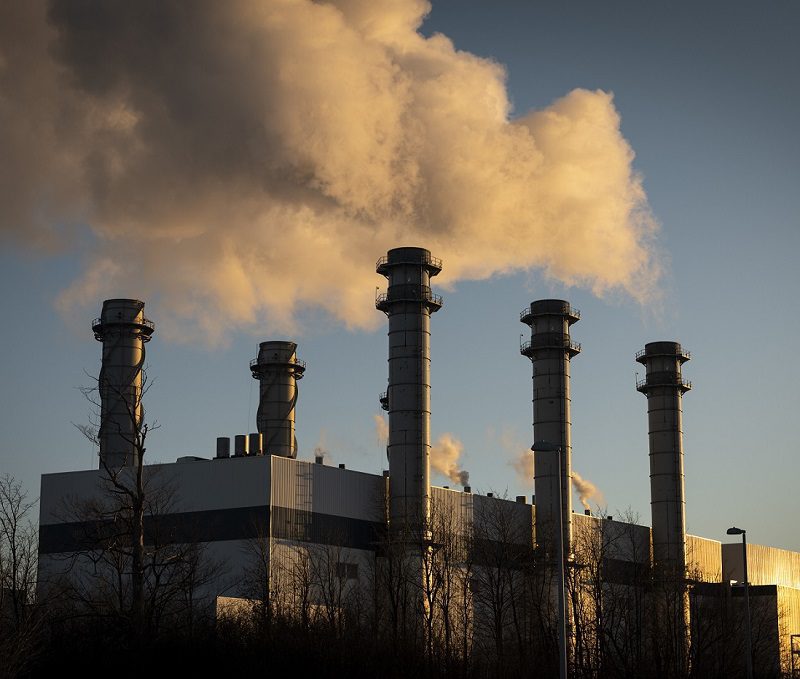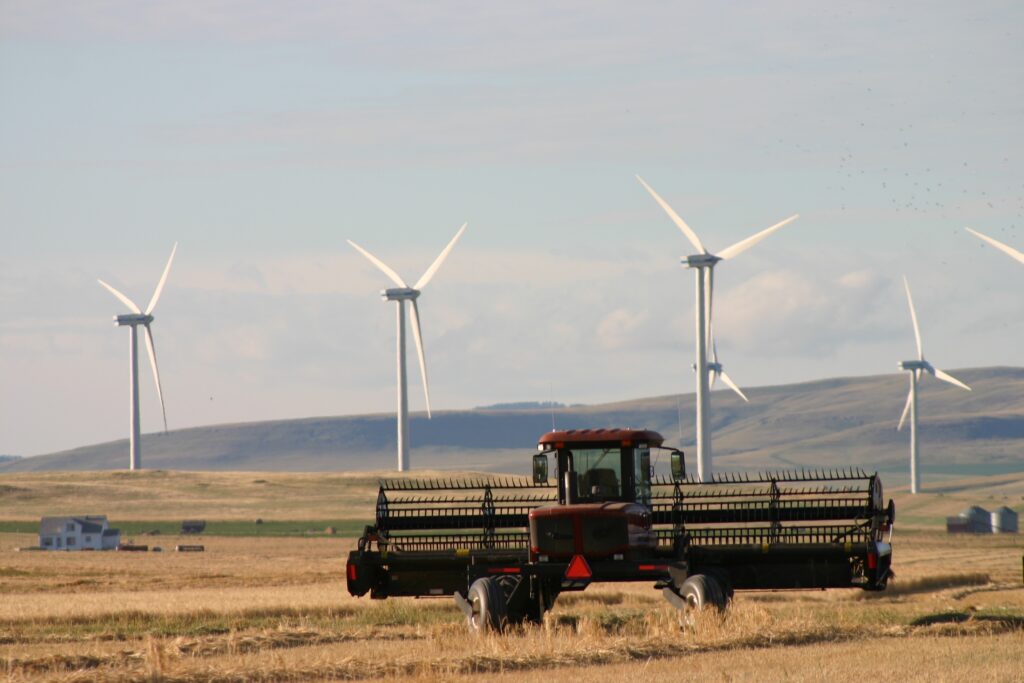After years of protests, court challenges, and lost public confidence, it’s time for a reboot. I’m not talking about the ‘90s animated, futuristic YTV kids show, but a reboot of Canada’s weakened environmental laws that were hollowed out by the previous federal government. Tell the federal government to restore and strengthen Canada’s environmental laws.

Fortunately, the new government is taking action with this summer’s announcement of a review of Canada’s key environmental legislation and processes and the recent appointment of an expert review panel.
This is a once-in-a-generation opportunity to not only repair the damage done in recent years, but to create a world-leading set of environmental protections for our waterways and fish habitats and put in place a robust review process for fossil fuel projects.
The previous federal government gutted many of Canada’s most important environmental laws to clear the way for major industrial and energy projects like liquefied natural gas terminals and other risky high-carbon projects like the Energy East pipeline.
- The Canadian Environmental Assessment Act was weakened to remove the need for environmental assessments (EAs) for many projects, eliminate “comprehensive” environmental studies, and give the government wide discretion to overrule decisions.
- The Navigable Waters Protection Act was gutted to make it easier to build pipeline and power line crossings. Overnight, 99 per cent of Canada’s rivers, streams and lakes lost their protection.
- The Fisheries Act was amended to change the definition of fisheries and to reduce the ability of the Department of Fisheries and Oceans to protect fish habitat from commercial and industrial activity.
- The National Energy Board Act was weakened to limit reviews of major energy while curtailing the ability of the public to participate in consultations. The federal government also gave itself the power to overrule National Energy Board decisions.
These changes amounted to the systematic dismantling of Canada’s foundational environmental laws.
Thankfully, the new federal government has acknowledged that the system is broken, and it has promised to set things right.
The Review of Environmental and Regulatory Processes may not be the most sensational news from the federal government this summer, but it’s Canada’s opportunity to build a world-leading framework for assessing major energy and industrial projects while protecting the environment, keeping Canadians healthy, and ensuring a climate-safe future. The review will start in September and make recommendations to the Minister of Environment and Climate Change by January 31, 2017.
For too long, federal assessments simply asked how to reduce environmental risks so that major industrial and energy projects can go forward. This review is an opportunity to change that, and to move to asking whether a project should go forward if it poses unacceptable risks to communities, water, wildlife and the climate. It’s an opportunity to change the assessment from asking how do we build this project to asking whether it should be built at all.
That’s why the review must include ongoing opportunities for Canadians to engage in the process, and meaningful consultations with First Nations and the inclusion of indigenous traditional ecological knowledge. The revamped laws should restore and strengthen protection of fish habitat and aquatic ecosystems and keep our waterways pollution-free and safe for navigation and recreational use. We also need to put in place an objective process for determining whether a given project is in the public’s interest.
What’s also needed is a regulatory framework that ensures Canada only approves projects consistent with Alberta’s cap on tar sands emissions and the Paris commitment to limit climate change to 1.5 degrees Celsius, and to phase out fossil fuels – oil, coal and gas – by mid-century. If industrial projects can’t meet this climate test and pose unacceptable risks to our environment and economy, review bodies should reject them outright.
Now is the time to update our laws to protect our communities, water, wildlife and climate while we speed up Canada’s transition to a low-carbon economy.








